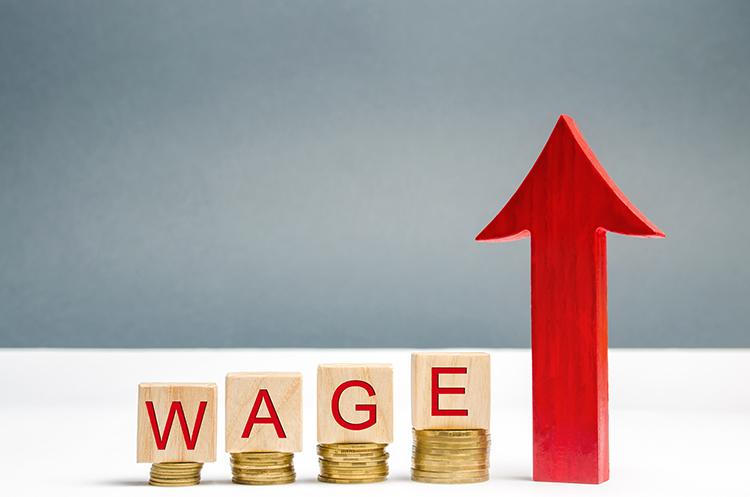2025-06-05
jobs

The average gross monthly wage in the Czech Republic increased by 6.7% year-on-year to CZK 46,924 in the first quarter of 2025, according to data released by the Czech Statistical Office (CZSO). After adjusting for inflation of 2.7%, real wages rose by 3.9%. The median wage also grew, reaching CZK 38,385, with men earning a median of CZK 41,677 and women CZK 35,226. Wages between CZK 21,136 and CZK 73,611 were reported for 80% of employees. Real gross wages, however, have not yet returned to pre-pandemic levels, analysts noted, also pointing to widening income disparities. According to Jitka Erhartová, Head of the Labour Statistics Department at the CZSO, the smallest year-on-year wage increases were recorded in mining and energy distribution, though wages in these sectors remain well above the national average. The average wage in mining was CZK 49,455, and CZK 61,594 in electricity, gas, and heat supply. The highest wage growth was recorded in real estate activities, where average earnings rose by 12.4% to CZK 47,411. Wages also increased by approximately 11% in professional, scientific, and technical activities. In construction, wages rose by 10% year-on-year. The information and communication sector reported the highest average wage, increasing by 8.8% to CZK 92,888, followed by the financial and insurance sector at CZK 84,069. At the other end, accommodation and food services reported the lowest average wage at CZK 27,953. Regionally, Prague had the highest average wage at CZK 62,472, while the Karlovy Vary Region recorded the lowest at CZK 39,642. Across all regions, wages grew between 5% and 7.6% year-on-year, with Prague seeing the highest increase and the Liberec Region the lowest. The number of employees increased by 0.4% year-on-year to 4.025 million. Although real wages have been rising year-on-year since early 2024, they remain below pre-pandemic levels in gross terms. Net wages, however, have surpassed pre-pandemic levels due to changes in the tax system, including the abolition of the super-gross wage tax. David Marek, Chief Economist at Deloitte, noted that while wages have risen faster than prices for two consecutive years, purchasing power remains below 2019 levels. Petr Dufek, Chief Economist at Creditas Bank, suggested that pre-pandemic real wage levels may be reached next year. Vít Hradil, Chief Economist at Investika, emphasized that while gross wages lag behind, net incomes have already exceeded pre-pandemic figures. Analysts also pointed out that median wage growth continues to lag behind average wage growth, indicating slower wage increases among lower- and middle-income earners compared to those with higher incomes. Miroslav Novák, Chief Analyst at Citfin, highlighted this trend, while Stéphane Nicoletti, CEO of Up Czech Republic, warned that alongside wage increases, other workplace issues such as rising workloads, decreasing motivation, and deteriorating work relationships are becoming more prevalent and require attention. Source: CTK

